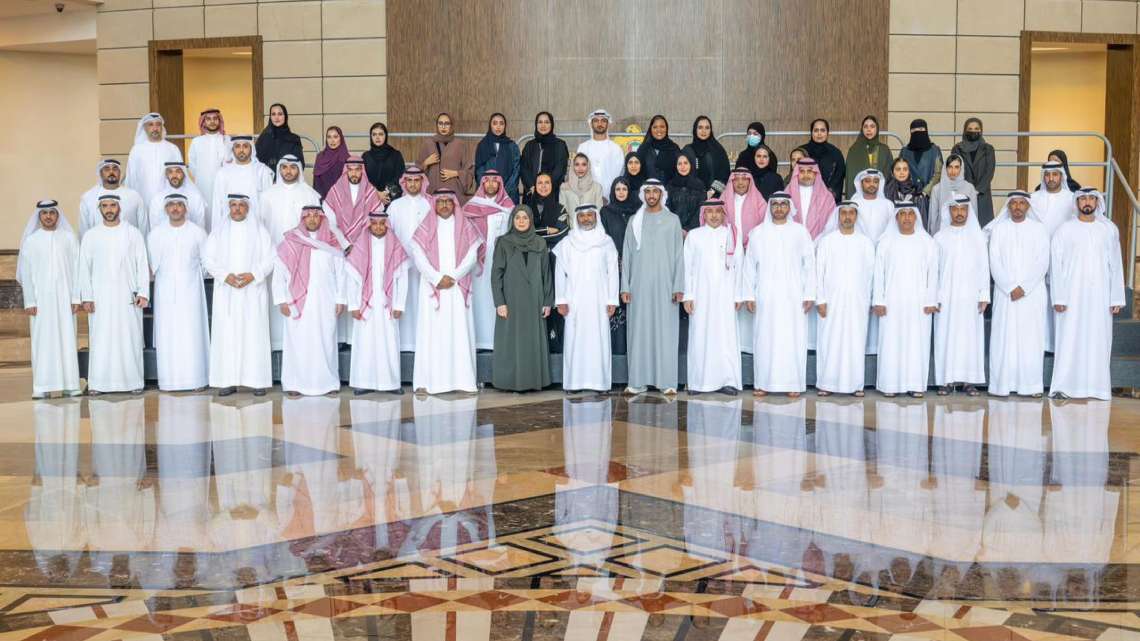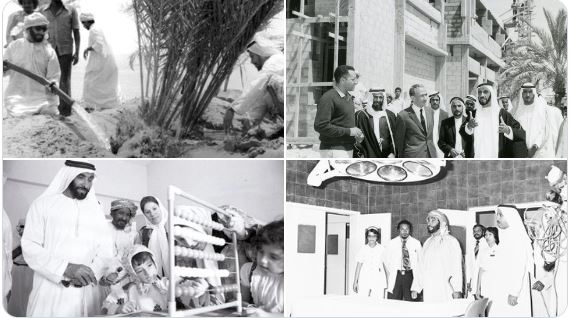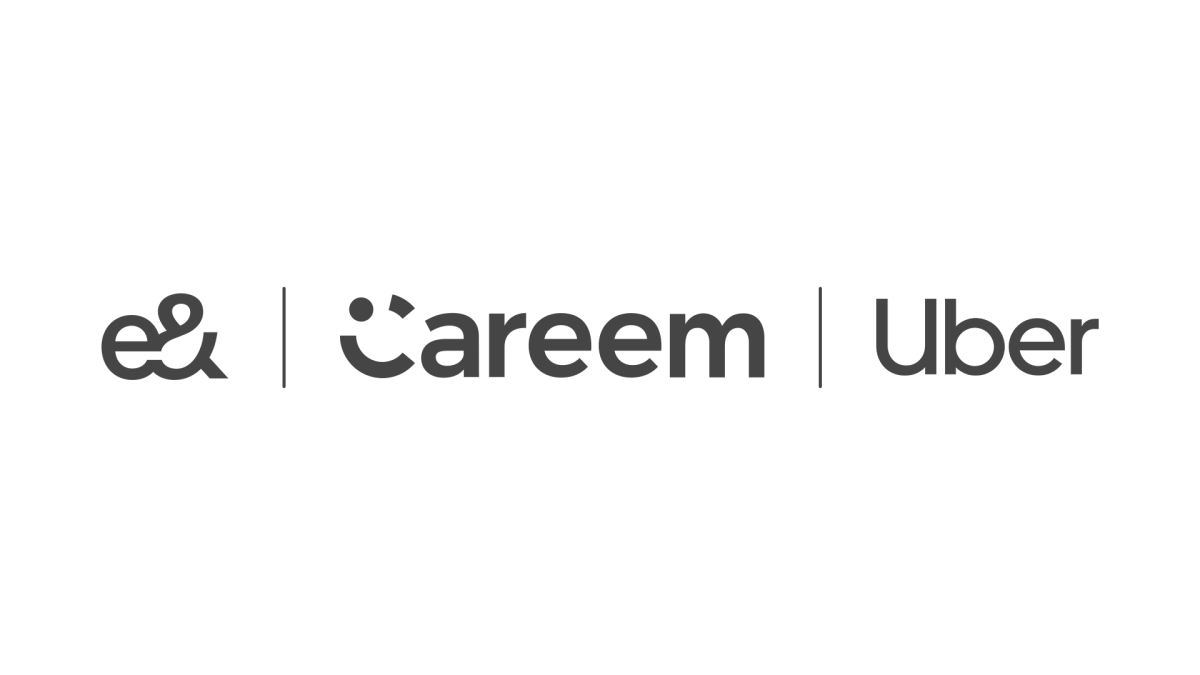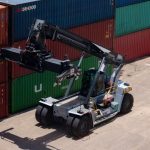The programme will promote sustainable development and a healthy environment for future generations…reports Asian Lite News
The Environment Agency – Abu Dhabi (EAD) has introduced the Strategic Environmental Assessment (SEA) planning programme in line with UAE’s Year of Sustainability. The SEA programme will aid in evaluating environmental impacts and guiding the investigation of alternatives and potential mitigation and monitoring efforts associated with strategic projects, plans, and development programmes.
The programme will promote sustainable development and a healthy environment for future generations, while also supporting the national strategic target of Net Zero by 2050.
The SEA programme is in accordance with UAE Federal Law No. 24 of 1999, which gives EAD the authority to request an Environmental Impact Assessment (EIA) for projects or facilities. The SEA programme is a form of impact assessment study, and the SEA decree signed by the Board of Directors in 2022 provides EAD the authority to request an SEA not just for projects and facilities but also for master plans, development programmes and strategies implementation.
Faisal Al Hammadi, Executive Director of Environmental Quality Sector at EAD, stated that the SEA programme ensures that environmental considerations are taken into account during the initial design phase of projects, plans, and programmes. The programme focuses on studying alternatives to find the best possible alternative that maintains the balance between environmental protection and economic and social development. It also helps offset negative environmental effects, such as greenhouse gas emissions, to mitigate the impacts of climate change.
The SEA programme allows for the study of alternative project designs and implementation approaches, guiding the development of proper mitigation measures and environmental management plans that prevent or reduce any associated environmental impacts. The SEA applies to all sectors responsible for developing master plans, strategic projects and development programmes. It mainly applies to government and semi-government entities, but it may also apply to other key strategic projects.
As part of the EAD-managed process, an Environmental Management Framework is developed to guide the client on the steps forward. The framework defines project objectives, identifies roles and responsibilities, ensures that training programmes are in place, and sets the requirement for environmental monitoring and audit. After the assessment is complete, the clients need to start implementation of the environmental management framework to ensure successful implementation of SEA recommendations.
An SEA report offers several benefits, including the prevention, reduction, and offsetting of negative environmental effects such as air pollution, land contamination, and climate change, among others. The report helps avoid impacts to critical and environmentally sensitive habitats, declared or proposed protected areas, through advanced and proactive land use planning that ensures the protection of these ecologically significant areas in accordance with EAD’s habitat classification and protection guidelines. Additionally, the report provides early warnings of potential cumulative impacts and enables access to a wide range of alternatives to minimise the cumulative environmental impacts of projects, plans, or programmes. It also ensures wide consultation and engagement with the concerned government authorities at an early and effective stage. Finally, an SEA ensures that the significant environmental effects of implementation are monitored, which enables the early identification of unforeseen adverse effects, allowing appropriate remedial action to be taken, where necessary.
During the development of the SEA programme, an extensive benchmarking study was conducted, involving many countries and organisations in the region and globally, including the UK, Hong Kong, Canada, South Africa, Australia, and Lebanon.
The SEA is a structured and proactive multi-phase process that includes a screening phase to determine if an SEA is required, a scoping phase to define the SEA report’s scope of work, a phase for stakeholder engagement, and an assessment and preparation phase. This includes an assessment of impacts, a study of alternatives, and the setting of mitigation measures and review of the SEA by EAD. This is followed by the decision-making phase, which will result in the acceptance or rejection of the proposed project, plan, or programme based on the SEA’s outcomes, and finally, the monitoring phase of SEA recommendations and their efficiency in protecting the environment.
To ensure that the regulated community is aware of EAD’s requirements, a detailed training programme has been developed. The training will be delivered in a series of workshops, with the training material and recorded training video available online. Moreover, EAD will provide training to Environmental Consultancy Offices (ECOs) and amend their ECO registration requirements to ensure that the consultancies are capable of successfully conducting an SEA report.














